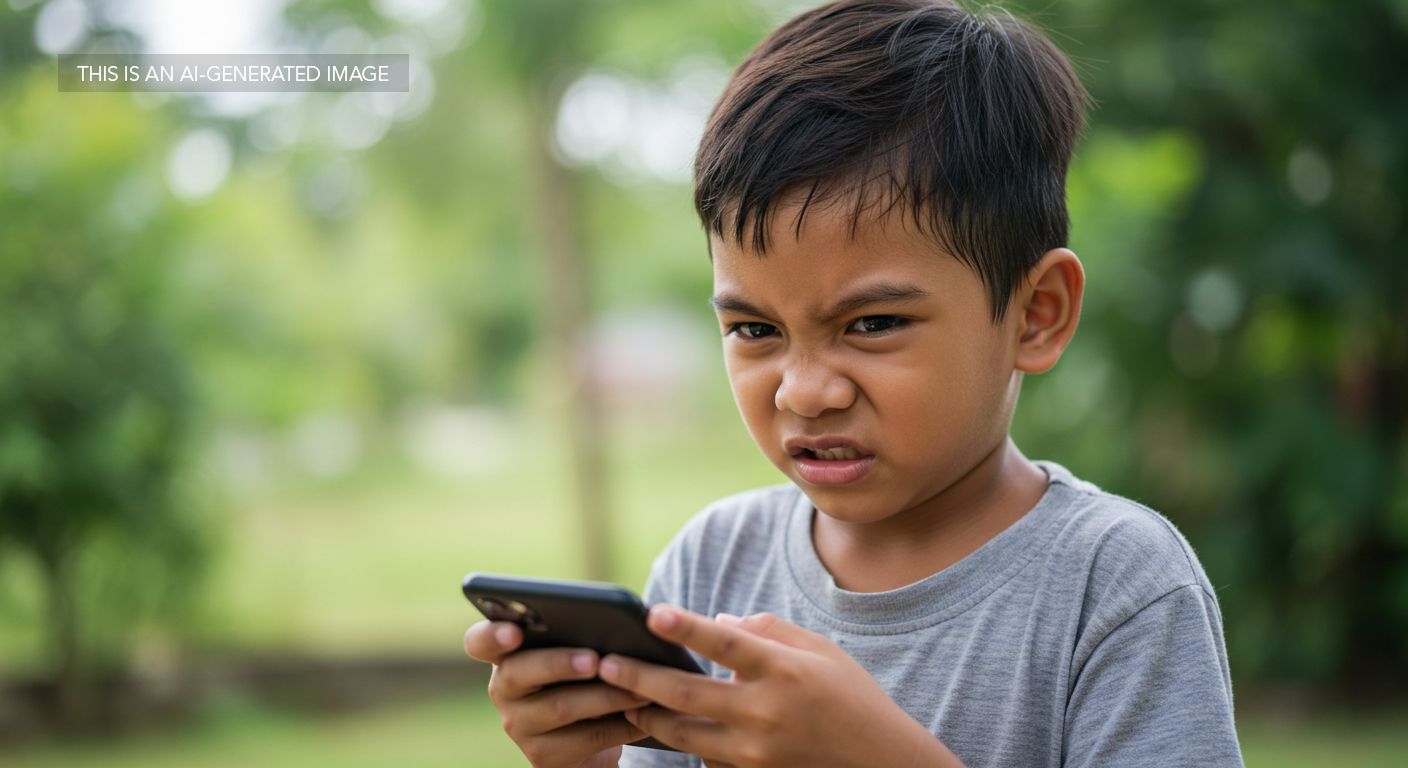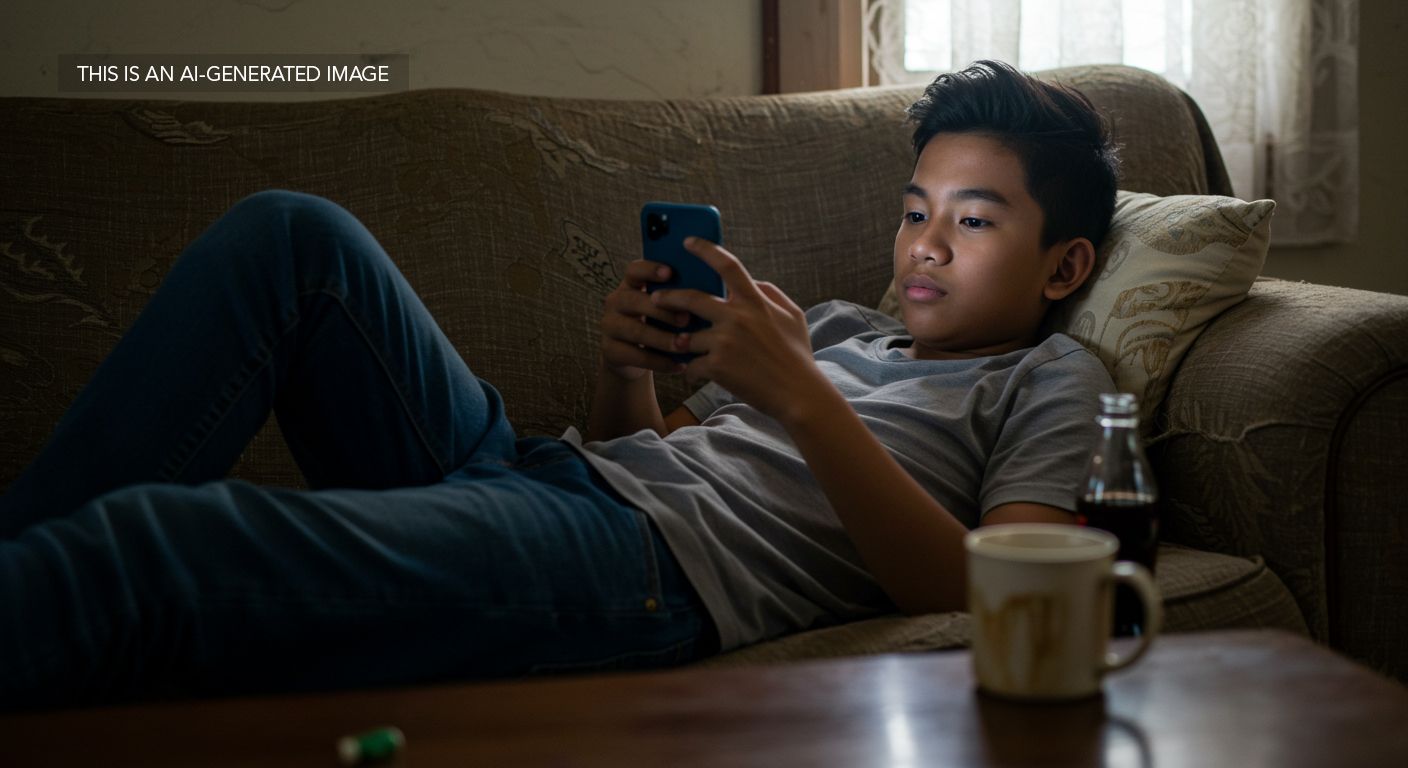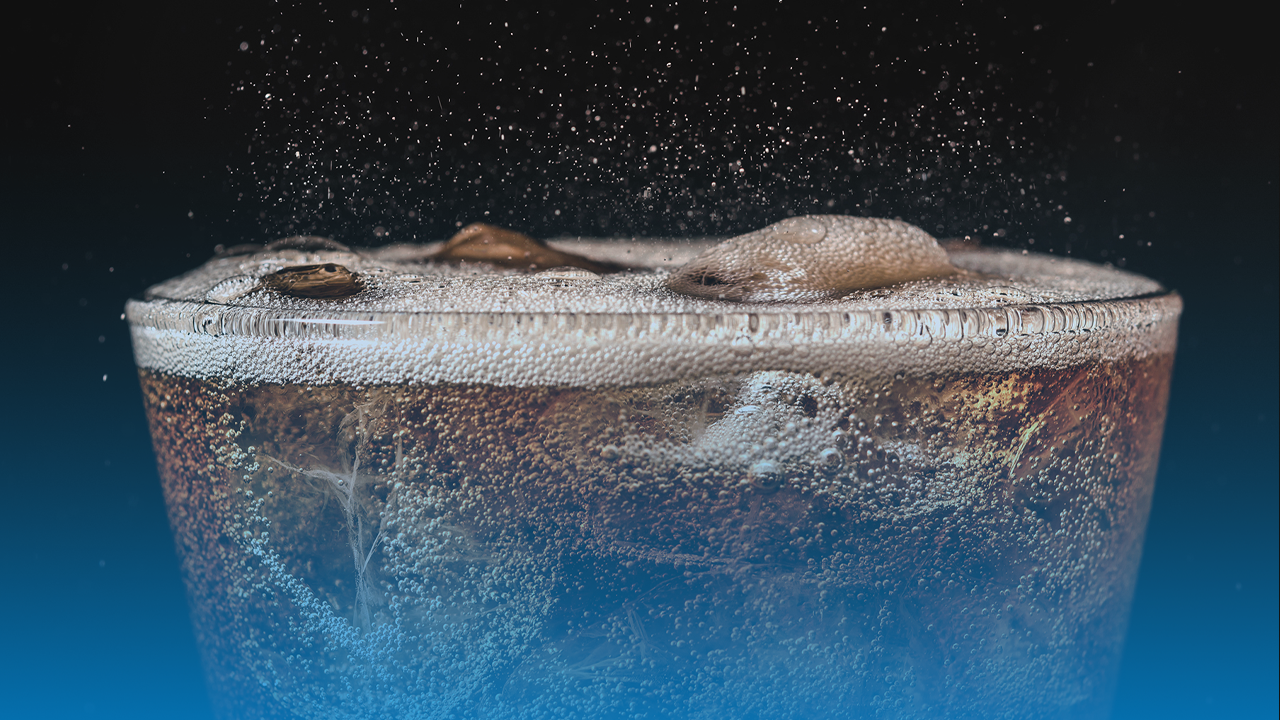Emergency Hotline:
(+63) 2 911 – 8688

MANILA, Philippines — An international study has found that between 670 million to 1.35 billion young people worldwide are at risk of permanent hearing damage due to unsafe listening practices through personal devices and exposure to loud music venues.
The research, published in BMJ Global Health and led by the World Health Organization, analyzed data from 33 studies covering more than 19,000 participants aged 12 to 34 years across multiple countries.
The analysis found that 24 percent of young people had unsafe listening practices while using headphones with devices such as smartphones.
Additionally, 48 percent were found to have been exposed to unsafe noise levels at entertainment venues such as concerts or nightclubs.
"We estimated that 0.67 to 1.35 billion individuals aged 12-34 years worldwide likely engage in unsafe listening practices," said lead study author Lauren Dillard, an audiologist at the Medical University of South Carolina and consultant to the World Health Organization.
The inner ear contains tiny hair cells that convert sound waves into electrical signals the brain can understand. When exposed to loud noise, these sensitive structures can be damaged or destroyed. Unlike other cells in the body, human hair cells cannot regenerate once damaged.
Experts estimate that 30 to 50 percent of hair cells can be destroyed before changes in hearing can be detected by a hearing test. When sound is not too severe, hair cells can recover after a few hours or days, but repeated exposure will eventually destroy too many cells permanently.
Health experts warn that many young people unknowingly damage their hearing through everyday activities including:

The World Health Organization estimates that by 2050, nearly 2.5 billion people are projected to have some degree of hearing loss, and more than 700 million will require hearing rehabilitation.
Hearing loss, once primarily associated with older adults, is now increasingly affecting younger populations.
For adults, hearing loss could be linked to a decline in mental health, lower income, depression, cognitive impairment, and even heart problems, according to the Centers for Disease Control and Prevention.
Health authorities recommend the "60-60 rule" for safer listening: keep music at no more than 60 percent of maximum volume and limit listening to 60 minutes at a time before giving ears a rest.
Additional protective measures include:
Experts warn that ringing in the ears after loud music exposure is a sign that sound levels were too loud.
One survey found that 59 percent of people exposed to loud music reported having tinnitus that lasted more than five minutes.
Other warning signs include:

With over 1 billion young adults at risk of permanent, avoidable hearing loss due to unsafe listening practices, this research represents a significant public health challenge that requires immediate action from multiple fronts.
The study authors emphasize that while hearing loss from loud noise exposure is entirely preventable, once it occurs, the damage is permanent and irreversible. This makes prevention efforts crucial at both individual and policy levels.
Researchers call on governments worldwide to urgently prioritize "safe listening" policies to protect hearing health, while also urging device manufacturers to implement better safety features and volume monitoring systems.
At the same time, individuals must take responsibility by monitoring their listening habits, using volume-limiting features on devices, and taking regular breaks from audio exposure.
Parents, educators, and healthcare providers all play vital roles in raising awareness about safe listening practices among young people and encouraging regular hearing screenings, especially for those who frequently use personal audio devices or attend loud entertainment venues.
As Professor De Wet Swanepoel of the University of Pretoria in South Africa, who was not involved in the study, put it: "Music is a gift to be enjoyed for a lifetime. The message is to enjoy your music, but safely."
Experts stress that with no cure for noise-induced hearing loss, prevention through simple safety measures is the only way forward.


Kaya mo bang hindi uminom ng soft drinks sa loob ng 7 days?
Alamin ang posibleng maging epekto nito sa ating katawan.


Kung hirap kang tandaan ang pangalan ng bago mong friend o kakilala, ito na ang 5 hacks para sa’yo.


Alam mo ba na sa darating na September 7, inaasahang makikita sa buong Pilipinas ang isa sa mga pinakamatagal na total lunar eclipse.
Inaasahang magaganap ito mula gabi hanggang madaling araw ng September 8.


Siguro napansin mo na — kapag dumating na ang Setyembre, sinasabi agad: ‘Ber Months na!’
Pero bakit nga ba tinatawag na "Ber months" ang huling apat na buwan ng taon?